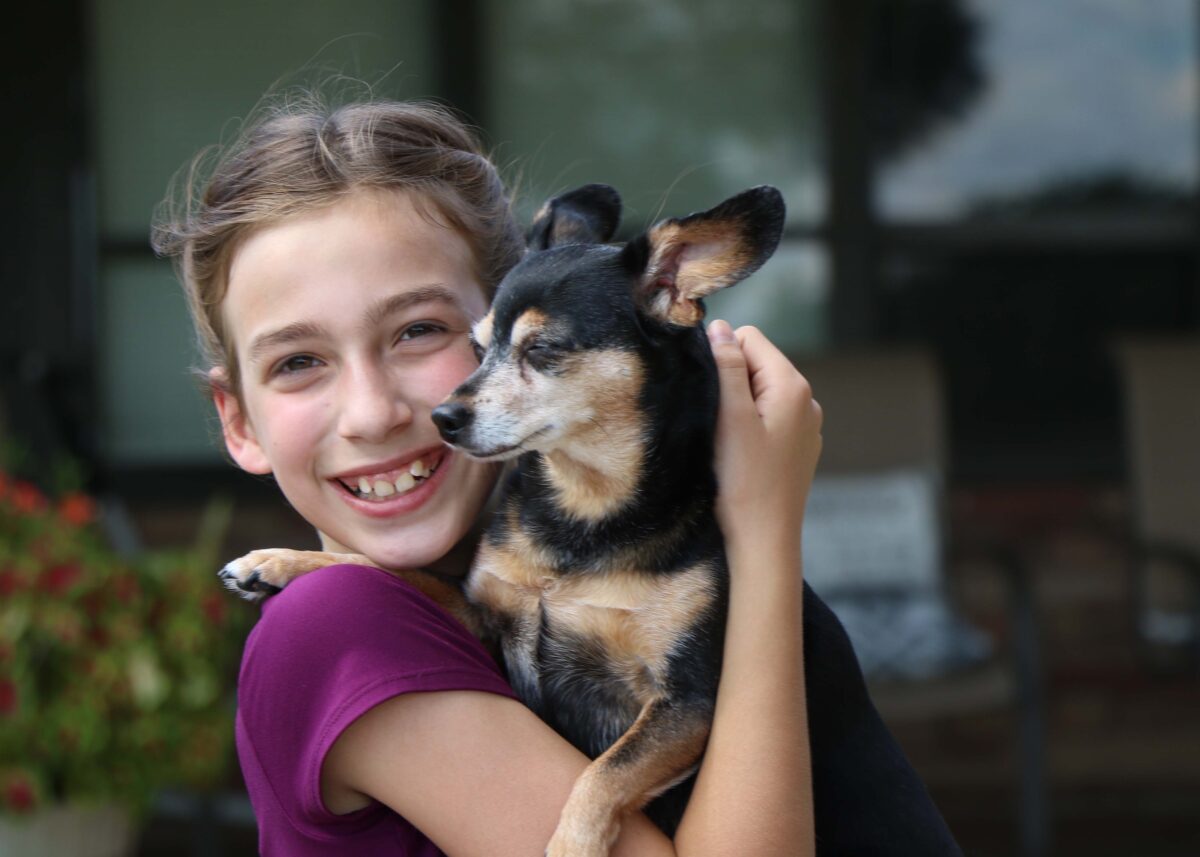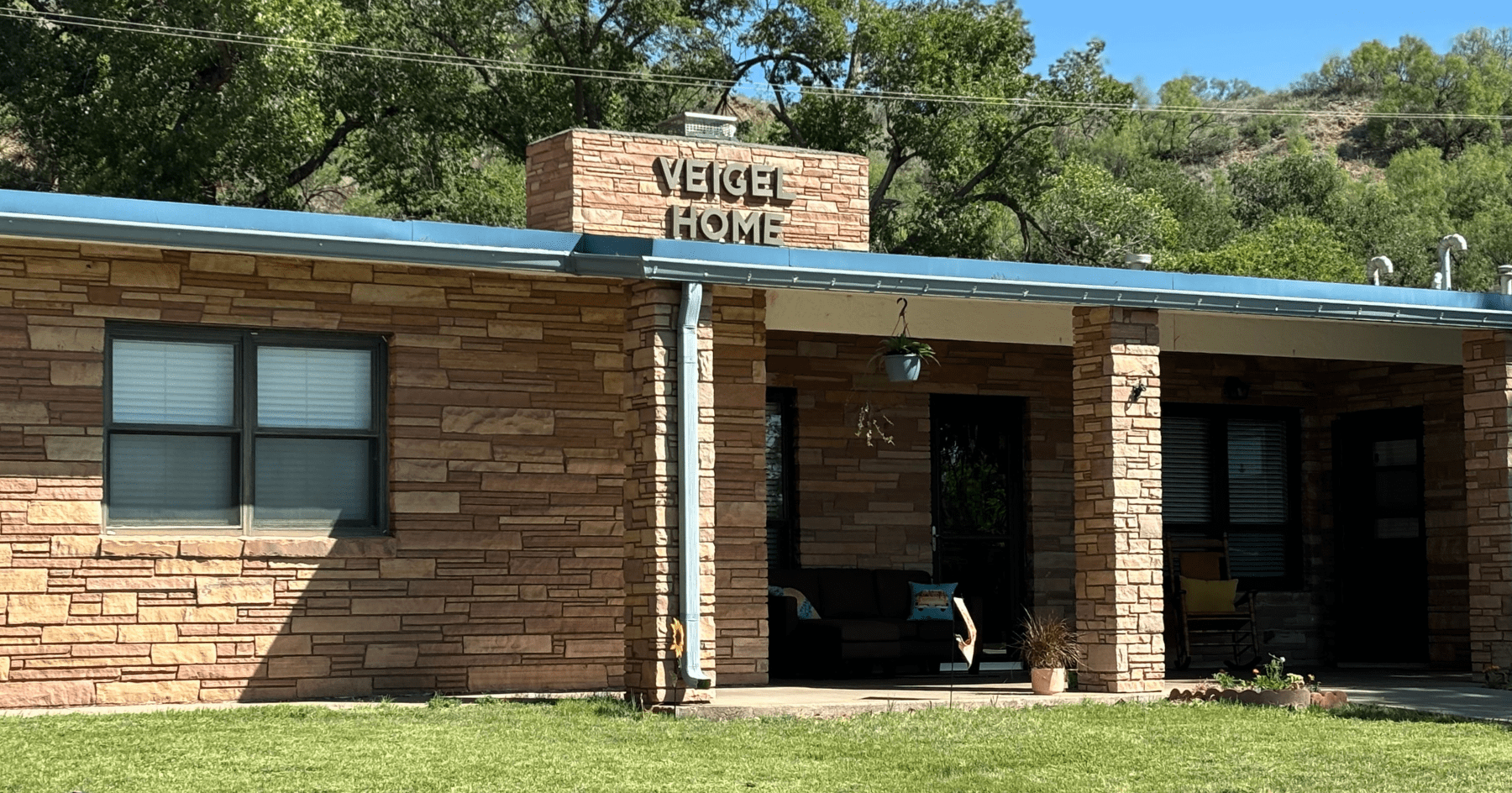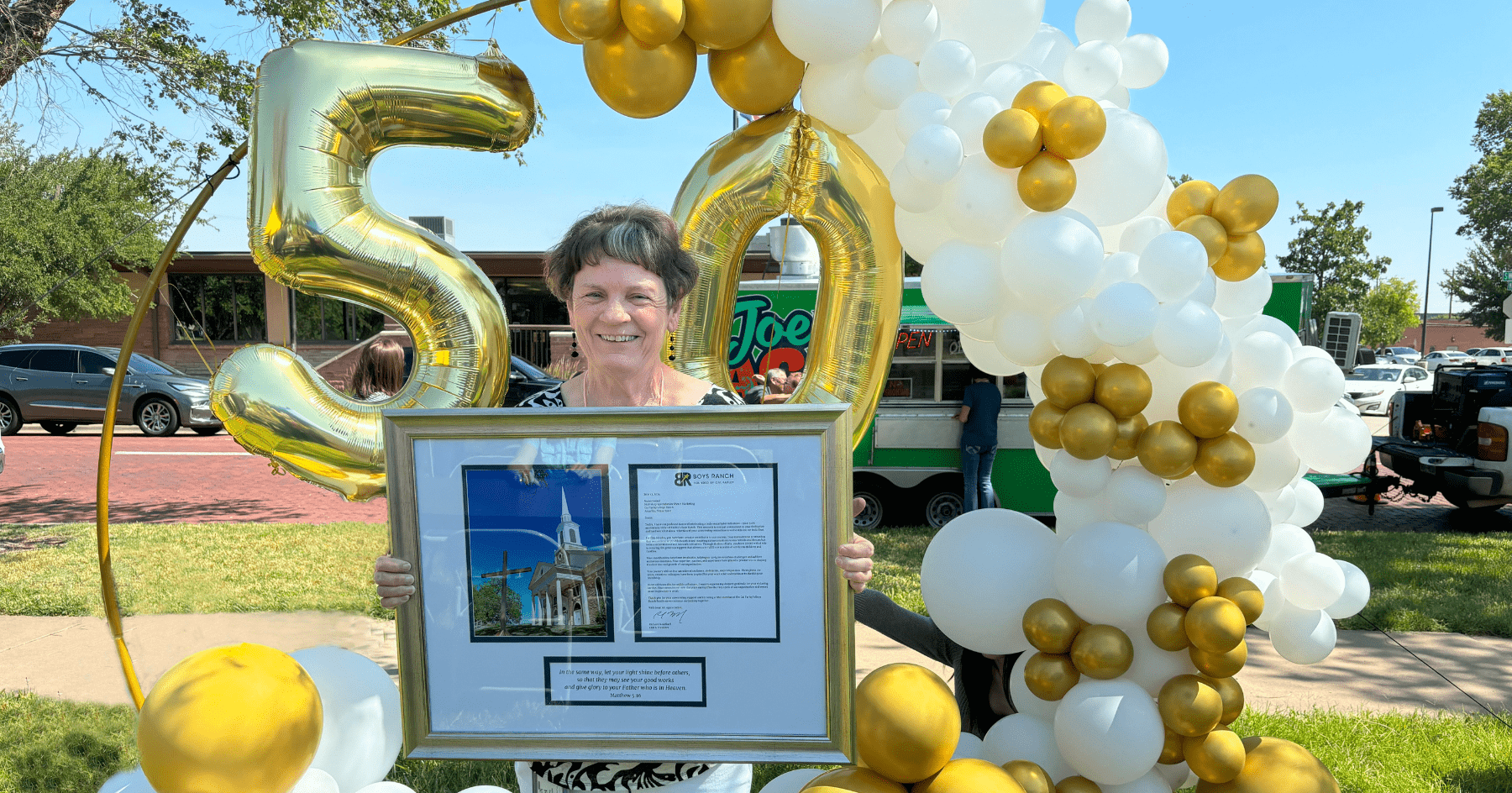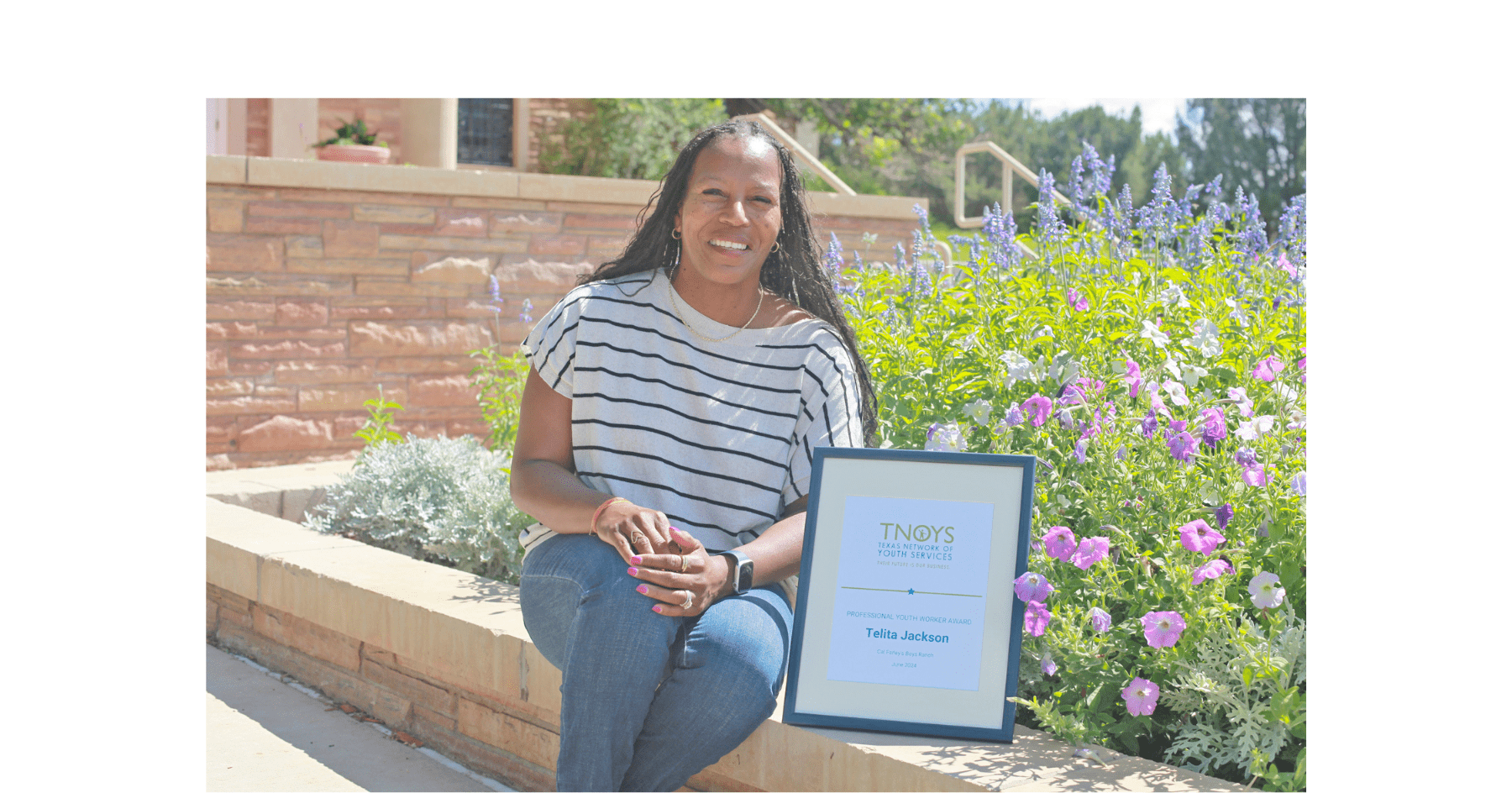Hannah is a precise thinker.
Numbers are fun for her, and math is her favorite class. She enjoys riding, not to mention petting goats and playing with dogs.
In fact, Hannah likes just about everything at Boys Ranch.
She even likes learning regulation for better relationships.
Like many children, Hannah occasionally struggles with regulation, the phrase Boys Ranch professionals use to refer to controlling the amount of energy and attention needed for a given task and the ability to calm oneself.
The ability to self-regulate allows humans to be connected to their bodies and minds and in rhythm with others. Self-regulation is an essential part of healthy emotional and social development.
After several months at Boys Ranch, Hannah is getting better every day in selecting different techniques to regulate herself.
“I learned to do belly breathing – deep breathing,” she said. “When I am very mad, I walk the dirt road. I play with my fidgets. I talk to a houseparent.”
These are hard techniques even for adults, but Hannah has learned and used all of them. She also likes to use colored pencils to help process her emotions and bring herself back to a regular rhythm.
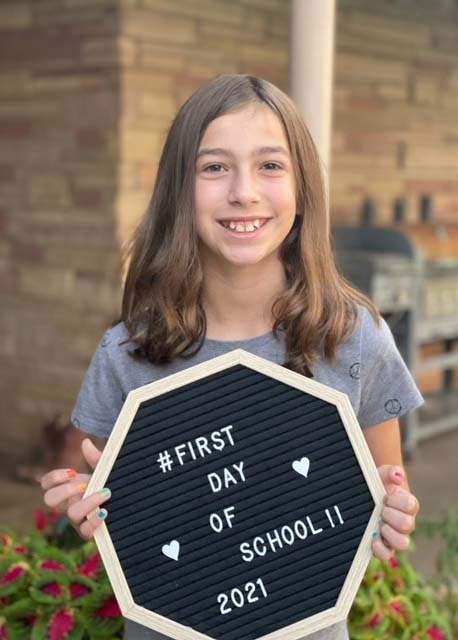
“Sometimes, I lay down on my bed and breathe, and then I go out there and solve what happened and talk to a houseparent,” she said.
Self-regulation is the capacity to control urges and primal emotions like hunger, rage and fear and then work through them in a productive, healthy way.
“As Hannah has become more regulated, the other girls in the home have become more welcoming and inviting,” said one of Hannah’s houseparents at MF Home. “We’ve seen a more confident Hannah, one who is not as timid or afraid to meet her challenges head on.”
Normal activities can be part of the process. For instance, the girls at MF Home, where Hannah lives,
carefully tended an incubator full of duck eggs and then watched the hatchlings.
“Some of them found the Duck Crew at Boys Ranch and joined them,” Hannah said. “Our favorite duck is Mighty Duck, because when you do your mouth like this at him (she mimes opening and closing her mouth), he does it back to you. He’s the leader.”
Hannah, who turned 11 in 2021, came to Boys Ranch from Kentucky.
The amount of snow Texas receives in the winter surprised her first, and the heat of the summer surprised her even more.
At Boys Ranch, she got her first opportunity to ride a horse and has become a big fan of it. She practiced to improve her riding skills all summer.
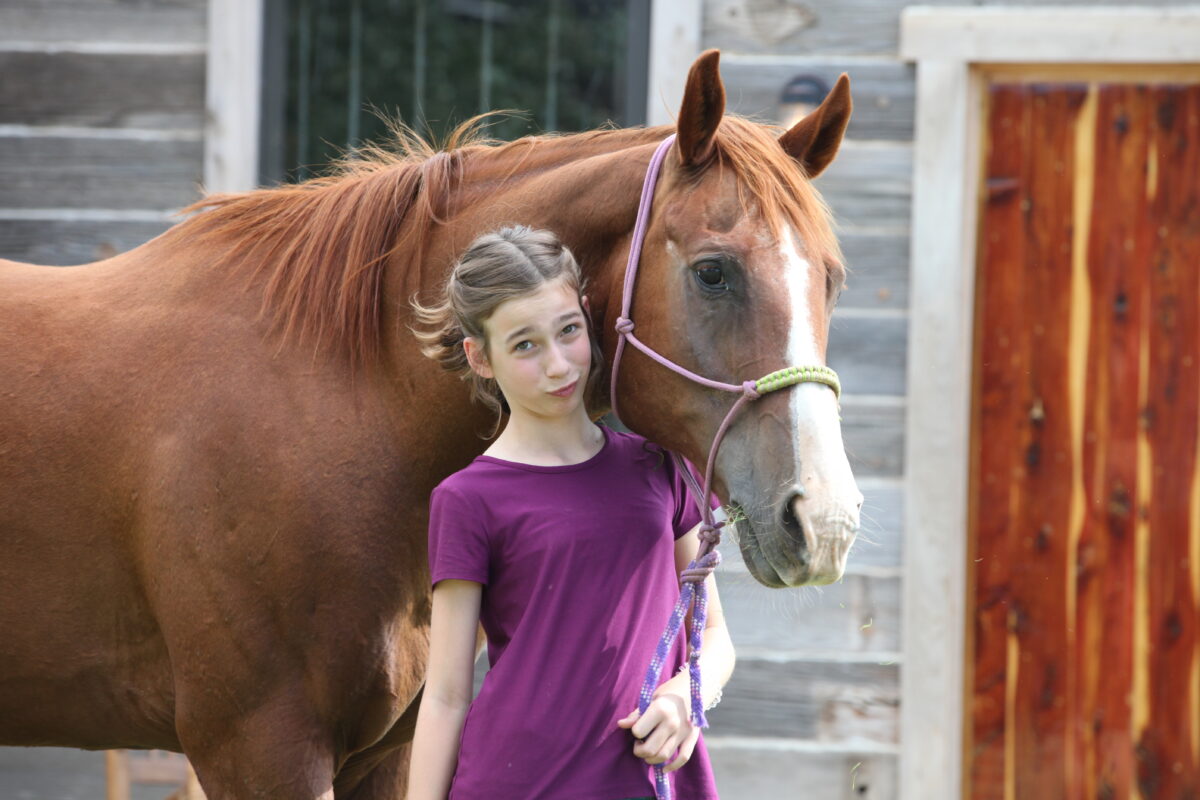
“At the riding clinic, I learned to make wide turns in barrel racing,” she said. “I like the horses because they listen to you. They’re fun to ride. The first time I rode, it was scary! I learned to kick and keep my toes up and not to pull back on the reins as much.”
Hannah has ridden several of the Boys Ranch horses, but her favorite is named “Pinochle.”
“He’s a tannish color with three white socks,” she said. “He’s a very easy horse.”
The regulation skills that Hannah has been learning to use are skills that allow the residents to live in harmony with the other children in their homes at Boys Ranch who might also be feeling different kinds of intense emotions.
“There is always a learning curve and lots of adjustments with any child coming to the ranch,” the houseparent said. “We love that we get to see Hannah grow through those. As she has grown, we see more of her beautiful smile and hear more of her contagious laugh.”
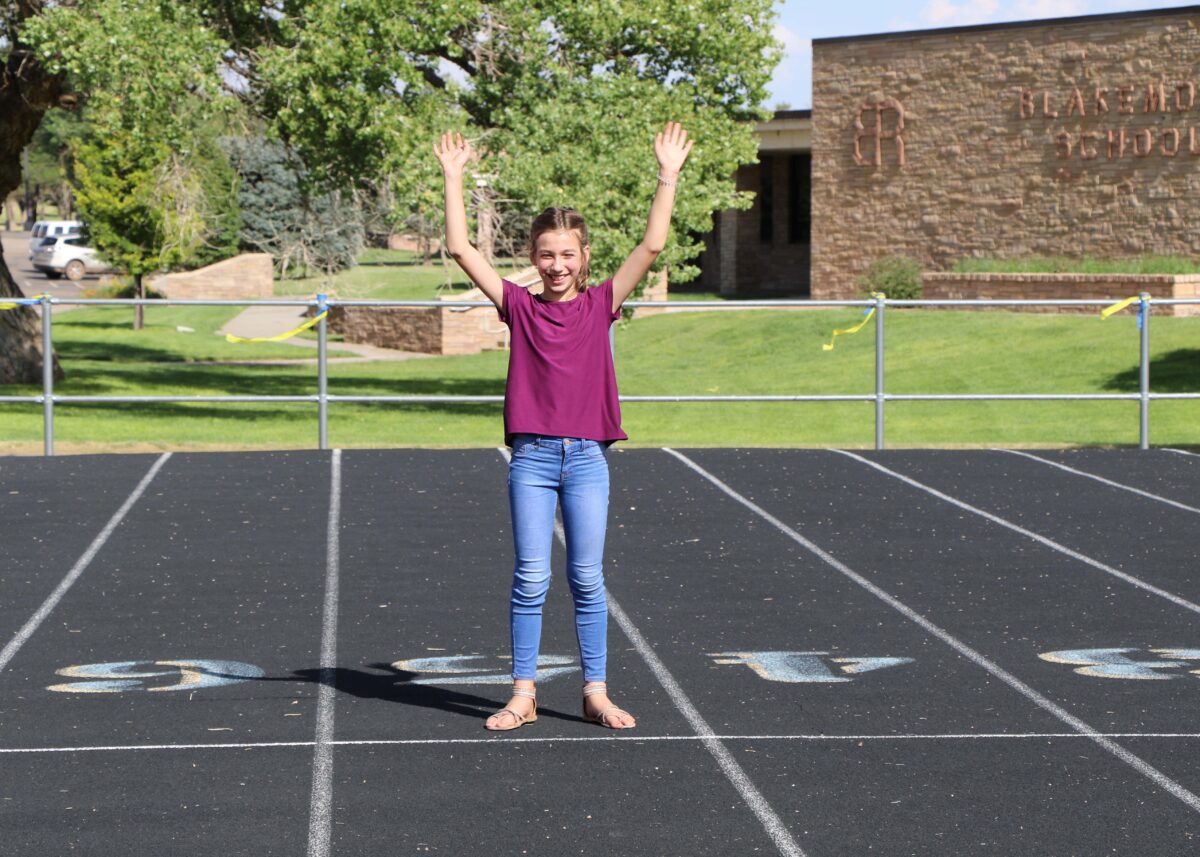
No children are born knowing how to self-regulate. It’s a developmental process that starts with caregivers as external regulators who rock children, sing to them and hold them, said Michelle Maikoetter, chief program officer.
“As we grow, we learn to regulate with someone helping us, walking and talking together, taking deep breaths together,” Maikoetter said. “Eventually, we learn to calm ourselves without needing outside assistance – although we all need extra support sometimes. To manage our relationships with others, we have to learn how to manage and calm ourselves first.”
Regulation is a first step toward healthy relationships. Boys Ranch staff members are trained to model self-regulation by remaining calm themselves in difficult situations. The staff members also focus on good eye contact, listening and praise. Many activities that the children enjoy are also great ways to help with regulation.
Horseback riding, because of the rhythm of the horses’ movements,
is an activity that can help children regulate.
Many children enjoy cross-country running because the rhythm of their own feet brings them back into a more balanced place.
The miniature goats at Boys Ranch are so well known for keeping emotions calm. Even some counseling sessions are known to take place at the goat pens.
Hannah enjoys the goats, she said, adding that No. 36 is her favorite.
“He’s so soft,” she said. “And the goats are funny. We saw two goats on top of Turbo (the pig).”
Back in Kentucky, Hannah has brothers and sisters, but she’s also learning to make friends with her housemates and the children in her class at Mimi Farley Elementary School.
Friendship, she’s learning, isn’t about rules as much as it is about regulation that leads to harmony.
